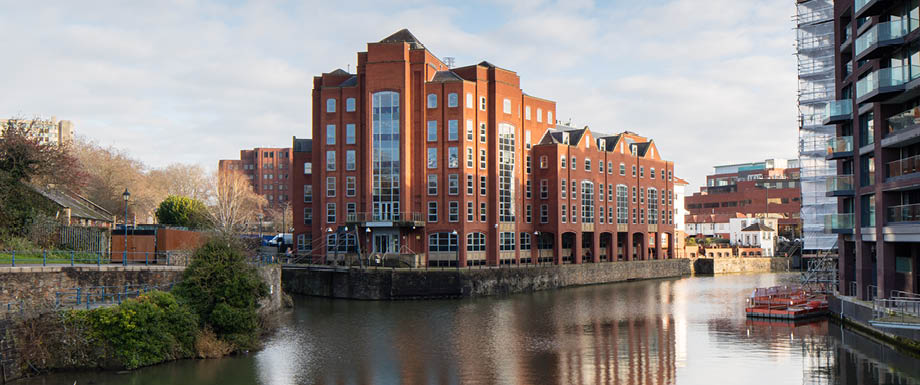23/11/2023
The deadline for applications for funding from the Government’s Zero Emission Bus Regional Areas (ZEBRA) 2 scheme is now less than a month away. Building on the success of the first ZEBRA scheme, the ZEBRA 2 scheme will provide £129 million to support the introduction of zero emission buses in the financial years 2023 to 2024 and 2024 to 2025. ZEBRA 2 will contribute towards delivering the Government’s aim in its national bus strategy for England to transition towards a fully zero emission bus fleet.
ZEBRA 2 is a single-stage funding competition targeted at local transport authorities (LTAs) based in England (but outside London) who have made an enhanced partnership or else begun the statutory process to decide whether to implement franchising. LTAs were asked to notify the DfT of their intention to apply for ZEBRA 2 funding by 20 October 2023, and 58 expressions of interest were received. The deadline for submission of applications is 4pm on 15 December 2023.
As part of the ZEBRA 2 application process, LTAs are required to take legal advice on the subsidy control implications of their projects, and to provide both a summary and a full copy of that legal advice with their applications. Whilst the Government set up the original ZEBRA fund as a subsidy scheme which it published on the UK’s Subsidy Database, there is as yet no published subsidy scheme for ZEBRA 2 and no indication in the application guidance for ZEBRA 2 that the Government intends to make a subsidy scheme. Instead, LTAs are being asked to outline their plans for complying with the subsidy control rules.
Therefore, LTAs will need to consider all the ‘subsidy control requirements’ in the Subsidy Control Act 2022 (having first checked that it is the Subsidy Control Act 2022 which applies, and not the State aid rules). This includes a requirement to assess any proposed subsidy against the seven core subsidy control principles, as well as energy and environment principles A and B. However, the guidance confirms that LTAs are not required to include their full subsidy control principles assessment with their application.
Depending on the amount of funding involved, LTAs may also need to consider whether any subsidy could be a subsidy of interest (SoI) or subsidy of particular interest (SoPI). Generally, these categories of subsidy have a greater potential to distort competition and investment within the UK, or to have a negative effect on international trade or investment, and so a more in-depth assessment against the subsidy control principles is required. In the case of a SoPI, there is also a requirement for mandatory referral to the Competition and Markets Authority for review. For further information on the referral process, please see our earlier article.
We would recommend that LTAs pay close attention to the DfT’s guidance on the ZEBRA 2 fund when preparing their applications, as it contains detailed information on the application and assessment process and the eligibility criteria.
If you’d like to know how Bevan Brittan could help with the subsidy control advice for your ZEBRA 2 funding application, please get in touch with Helen Feinson, Edward Reynolds or Sally Stone.



